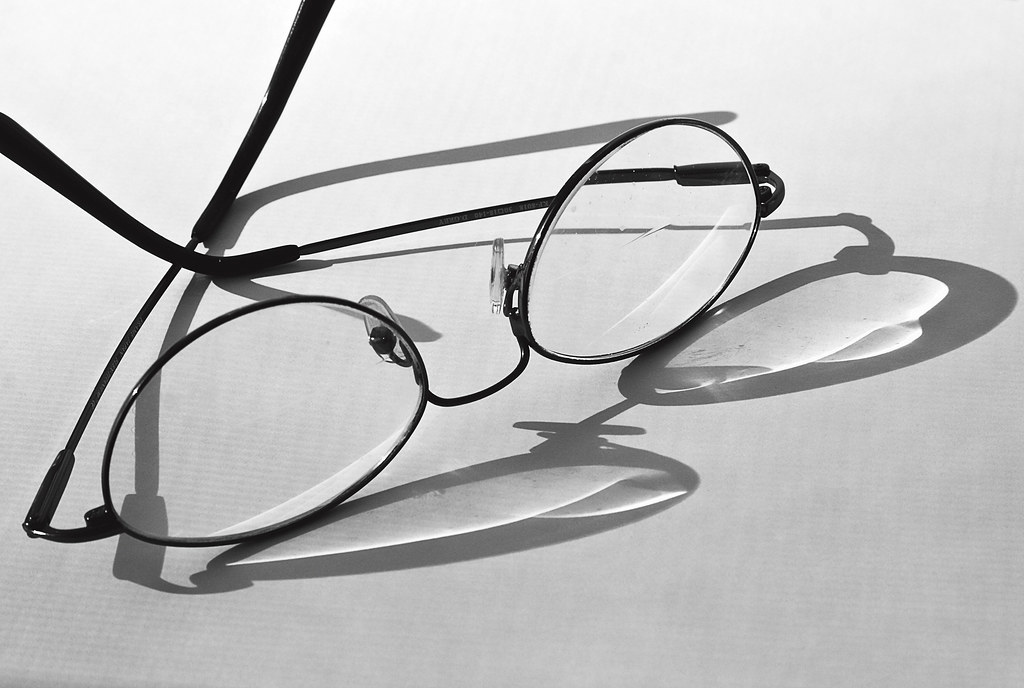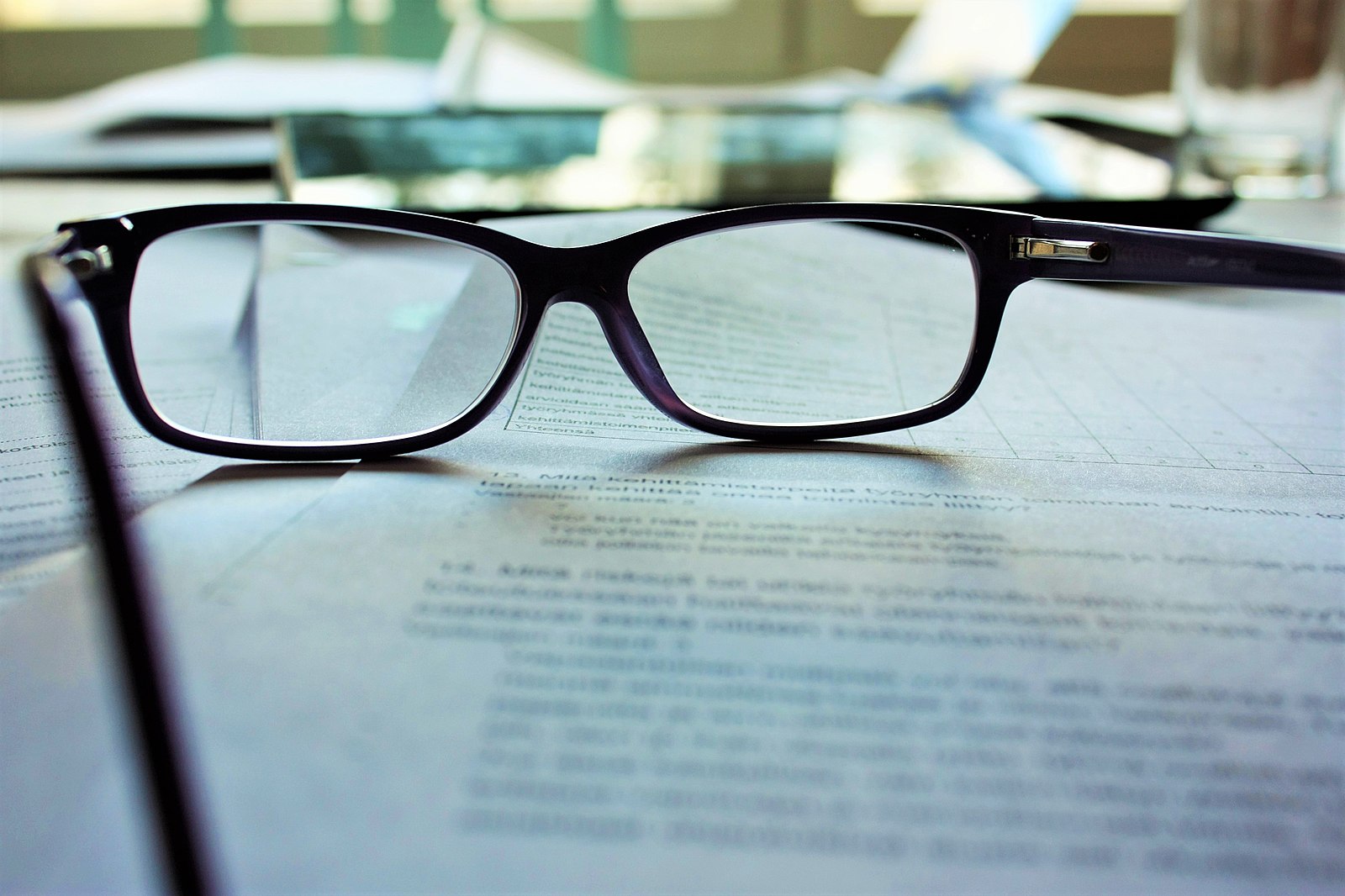Difference Between Bifocal and Reading Glasses
As the need for eyewear intensifies, the variety of lenses and frames to fit everyone’s needs has increased. Gone are the days when people struggled to find the right prescription suitable for their eyecare needs. And the variety of frames is even better, with stylish, formal and even designer eye wear. However, knowing where to begin when getting the right sunglasses can be daunting. If you are torn between bifocal and reading glasses, knowing the differences and how you should use each is vital.

What are Bifocal Glasses?
Bifocal glasses refer to eyewear that has two view areas, often divided by a visible line. As such, they are used by people who have double vision problems since they can see objects close up and far away. However, most bifocal glasses now come without a line that separates the distance and near prescriptions.
Most bifocal reading glasses have the near prescription at the bottom of the contacts or glasses. This helps in near activities such as reading while the top prescription helps the patient while looking at objects that are far away. Some bifocal glasses have the near prescription at the middle and the distance prescription at the top. This type of prescription is suitable for people who constantly need to look at near objects.
Bifocal glasses can be made in three designs.
- Aspheric design- Both distance and near prescriptions at the centre
- Concentric design- One prescription on the outer edge and the other in the middle
- Translating design- One prescription at the bottom and the other one at the top

What are Reading Glasses?
These are glasses that improve the ability to read something such as a book or a computer screen up close. These are available on prescription or over-the-counter.
While reading glasses can be used by people of any age, they are mostly used by people over the age of 40. They help correct vision-related problems caused by presbyopia, which is the ability to focus on near-range products.
Reading glasses are recommended for people:
- Who have problems seeing in dim light especially where smaller prints are involved
- Who get headaches or migraines when trying to read
- Whose eyes hurt when performing close work such as sewing or reading
- Whose vision become blurry when books become blurry when held up close
Reading glasses cannot be adjusted if a person needs different strengths in each eye. They also do not correct blurred vision. However, as vision deteriorates, a stronger pair of reading glasses can be purchased.
Similarities between Bifocal and Reading glasses
- Both help improve vision among the users
Differences between Bifocal and Reading glasses
Definition
Bifocal glasses refer to eyewear that has two view areas, often divided by a visible line. As such, they are used by people who have double vision problems since they can see objects close up and far away. On the other hand, reading glasses refer to glasses that improve the ability to read something such as a book or a computer screen up close.
Prescription
While bifocal glasses are only available under prescription, reading glasses are available either on prescription or over the counter.
Adjustments
While bifocal glasses can be adjusted to suit each eye’s strength, reading glasses cannot be adjusted if a person needs different strengths in each eye.
Bifocal vs. Reading glasses: Comparison Table

Summary of Bifocal and Reading glasses
Bifocal glasses refer to eyewear that has two view areas, often divided by a visible line. As such, they are used by people who have double vision problems since they can see objects close up and far away. They are only available under prescription. On the other hand, reading glasses refer to glasses that improve the ability to read something such as a book or a computer screen up close. They are available either on prescription or over the counter.
- Difference Between Profit Center and Investment Center - July 2, 2022
- Difference Between Anti-Trust and Anti-Competition - June 6, 2022
- Difference Between Stocktaking and Stock Control - June 6, 2022
Search DifferenceBetween.net :
Leave a Response
References :
[0]Clyde K. Kitchen. Fact and Fiction of Healthy Vision: Eye Care for Adults and Children. Greenwood Publishing Group, 2007. https://books.google.co.ke/books?id=w1cXET4Oi9MC&pg=PA71&dq=Difference+between+Bifocal+and+Reading+glasses&hl=en&sa=X&ved=2ahUKEwjTwe2DrsvwAhX-_7sIHauZDSUQ6AEwCHoECAkQAg#v=onepage&q=Difference%20between%20Bifocal%20and%20Reading%20glasses&f=false
[1]Nathan Efron. Contact Lens Practice E-Book. Elsevier Health Sciences, 2010. https://books.google.co.ke/books?id=Ikcn4R1-yscC&printsec=frontcover&dq=Difference+between+Bifocal+and+Reading+glasses&hl=en&sa=X&ved=2ahUKEwjTwe2DrsvwAhX-_7sIHauZDSUQ6AEwA3oECAMQAg#v=onepage&q=Difference%20between%20Bifocal%20and%20Reading%20glasses&f=false
[2]Freeman M & Stein H. The Ophthalmic Assistant E-Book: A Text for Allied and Associated Ophthalmic Personnel. Elsevier Health Sciences, 2012. https://books.google.co.ke/books?id=9I3oH--MnVYC&pg=PA192&dq=Difference+between+Bifocal+and+Reading+glasses&hl=en&sa=X&ved=2ahUKEwjTwe2DrsvwAhX-_7sIHauZDSUQ6AEwBXoECAYQAg#v=onepage&q=Difference%20between%20Bifocal%20and%20Reading%20glasses&f=false
[3]Image credit: https://commons.wikimedia.org/wiki/File:Reading_glasses_(Unsplash).jpg
[4]Image credit: https://live.staticflickr.com/5220/5451626336_0da7223172_b.jpg
